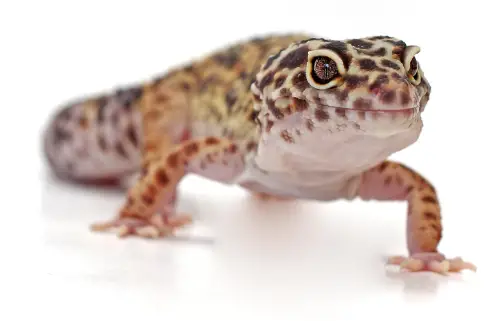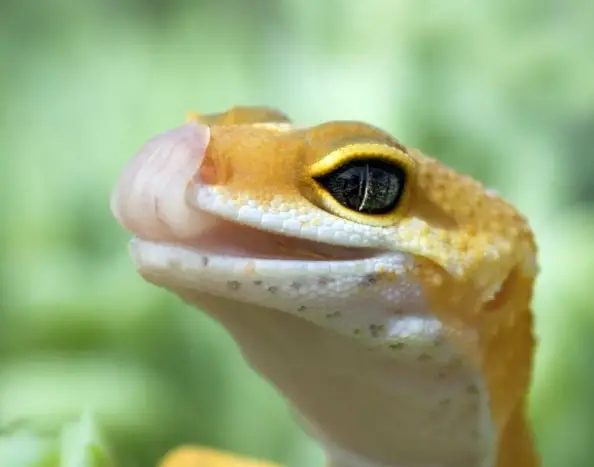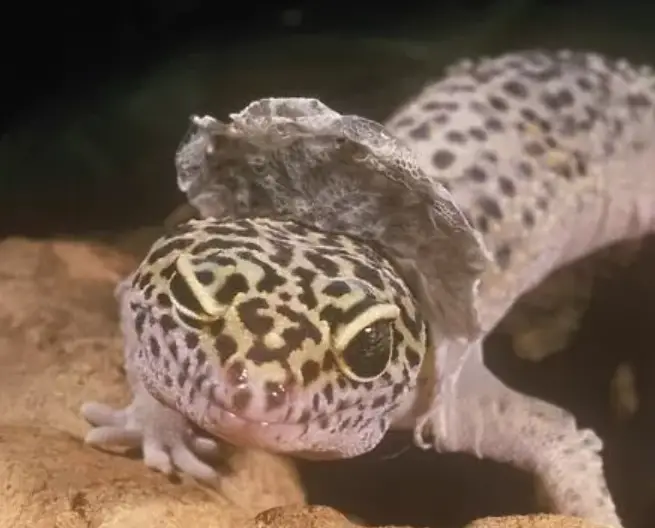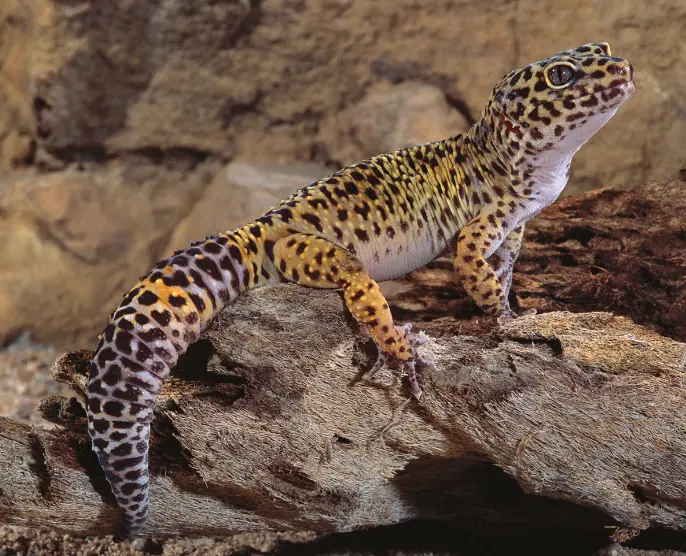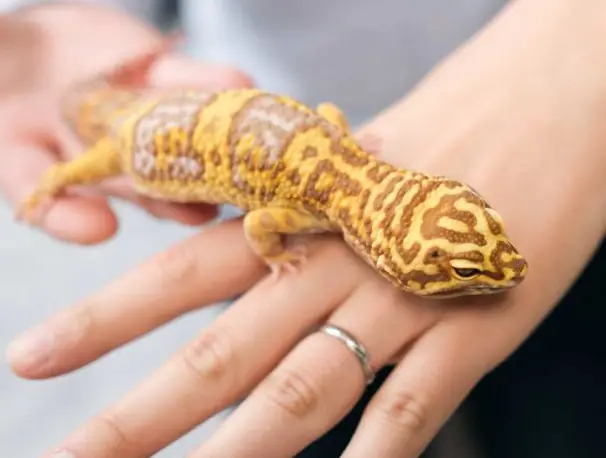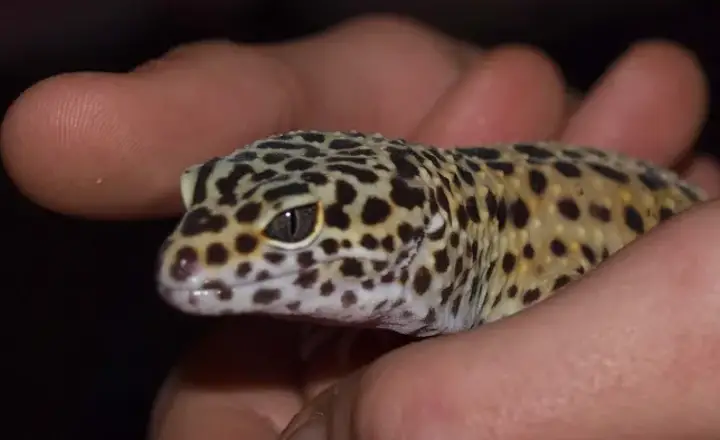Leopard geckos are one of the most popular reptile pets due to their docile nature, hardiness, and easy care requirements. They are nocturnal lizards that are native to the deserts of Pakistan, Afghanistan, and northern India. In this article, we will be discussing how long leopard geckos can go without food and what factors determine their fasting time.
Leopard Gecko’s Metabolism and Fasting
Leopard geckos are capable of fasting for long periods due to their slow metabolism. This is a survival mechanism that enables them to go without food for weeks or even months in the wild. However, in captivity, it is important to ensure that they are fed regularly to maintain their health and wellbeing.
Leopard geckos rely on their fat stores to sustain them when food is scarce. They are able to do this by slowing down their metabolic rate and conserving energy. In the wild, they are able to go without food for long periods because they can find shelter and hide from predators during the day.
Factors That Determine How Long Leopard Geckos Can Go Without Food
There are several factors that determine how long leopard geckos can go without food. These include their age, health, size, and activity level.
Age: Younger leopard geckos have faster metabolic rates and require more frequent feedings than older geckos. Juvenile geckos should be fed every other day, while adult geckos can go for up to a week without food.
Health: If a leopard gecko is ill or has a parasite, it may not be able to go without food for as long as a healthy gecko. It is important to seek veterinary care if you suspect your gecko is sick.
Size: Larger leopard geckos can go without food for longer periods than smaller geckos. This is because they have more fat stores to draw from.
Activity level: Leopard geckos that are more active will need to eat more frequently than those that are less active. This is because they are using more energy and need to replace it.
How to Care for a Leopard Gecko Without Food
If you need to go away for a few days and won’t be able to feed your leopard gecko, there are a few things you can do to make sure they are taken care of.
Provide water: Make sure your leopard gecko has access to clean water at all times. You can use a shallow dish or a water bottle to provide water.
Maintain a stable temperature: Leopard geckos need a warm environment to remain healthy. You can use a heat mat or a heat lamp to maintain a temperature of 80-85°F.
Provide hiding spots: Leopard geckos need hiding spots to feel secure. You can provide hiding spots by using caves, boxes, or hiding logs.
How to Reintroduce Food After a Fast
When you return from your trip, it is important to slowly reintroduce food to your leopard gecko. Here’s what you need to do:
Offer a small portion of food: Start with a small portion of food and offer it to your gecko. Avoid overfeeding as this could lead to digestive problems.
Offer different types of food: Offer a variety of food items, such as crickets, mealworms, or pinkies, to encourage your gecko to eat.
Keep an eye on your gecko’s behavior: Observe your gecko’s behavior and make sure they are eating. If they are not eating, wait for a day or two and try again.
Gradually increase portion size: As your gecko starts eating again, gradually increase the portion size.
Maintain a consistent feeding schedule: Once your gecko is back to eating normally, maintain a consistent feeding schedule.
It is important to remember that if your leopard gecko continues to refuse food for an extended period of time, it may be a sign of a health problem, and it is recommended to consult with a veterinarian.
Conclusion
In conclusion, leopard geckos are able to go without food for up to 2 weeks, though this can vary depending on the size of the gecko, the temperature of its environment, and other factors. It is important to ensure that leopard geckos are fed regularly and provided with a suitable diet in order to keep them healthy and thriving. By understanding the needs of leopard geckos and providing them with proper care, you can help ensure that they remain in good health and continue to thrive for many years to come.
